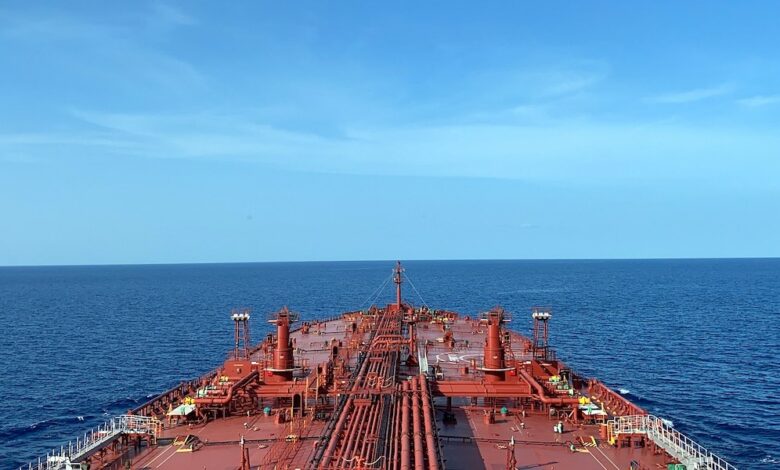
The European Union (EU) has provided further details of its latest package of sanctions against Russia.
Splash reported last week that ships caught carrying out ship-to-ship (STS) transfers of price cap-breaking Russian oil in European waters will be banned from EU ports. The bloc has also said it will prohibit access to EU ports for vessels if a vessel does not notify the competent authority at least 48 hours in advance about a ship-to-ship transfer occurring within the exclusive economic zone of a member state or within 12 nautical miles from the baseline of that member state’s coast.
Moreover, the decision has been taken to ban access to EU ports for vessels that manipulate or turn off their automatic identification system (AIS) when transporting Russian oil subject to the oil import ban or G7 price cap. These provisions go into effect on July 24.
“We want to counter the increase of deceptive practices by vessels transporting Russian crude oil and petroleum products which aim to hide the origin of the oil and circumvent our import ban and price cap on the transport and services to third countries. These practices, which include ship-to-ship transfers of oil and petroleum products, also create environmental risks near our coasts,” the EU stated in a release.
Within EU waters in the 17 months since the war in Ukraine started, Russian oil has been transferred from smaller tankers onto larger ships most off Greece and Spain.
Within Europe, STS operations involving Russian oil continue to be seen most off Kalamata in Greece and near to the Canary Islands. At Kalamata, the amount of oil being moved has grown this month, averaging 210,000 barrels per day up from 150,000 in May, the majority heading to India, according to data from Refinitiv.
In terms of overall trends, STS oil from Greece and the Alboran Sea in the western Mediterranean tends to head to India, while the majority of cargoes that are transferred in the Atlantic near the Canary Islands go to China.
